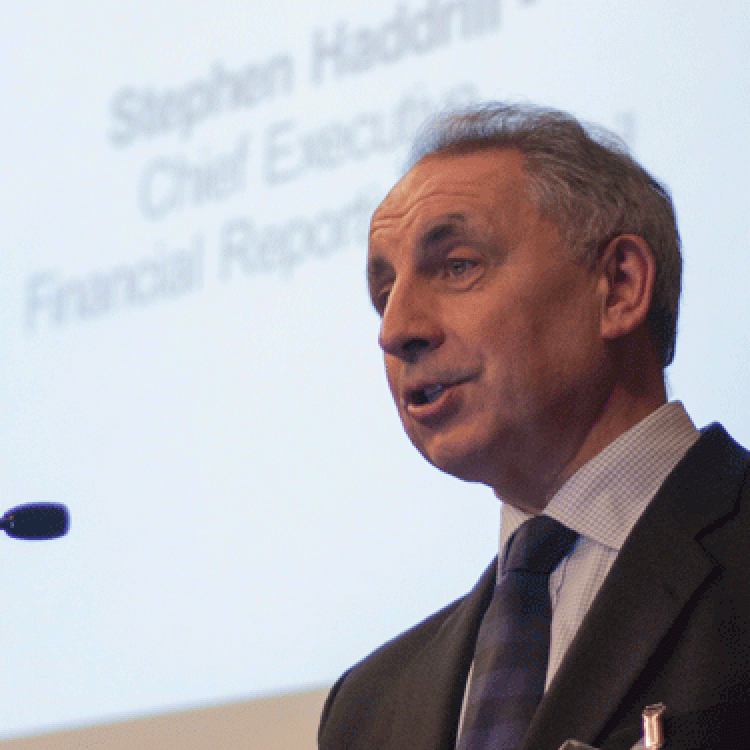FRC chief: Don't wait for a crisis to address company culture

Organisations must question if culture poses a risk, Airmic members hear.
A healthy corporate culture is a source of competitive advantage and creates long-term value, according to the chief executive of the Financial Reporting Council, Stephen Haddrill, speaking at the Airmic Evening Lecture. He warned that businesses should not wait for a crisis before they address company culture and said that risk managers have a key role to play.
Speaking to an audience of risk managers in The Old Library at Lloyds last month, Haddrill argued that risk management and corporate culture are inherently linked. “Our research showed that there is an important role and opportunity for risk professionals in advising and supporting the board when considering governance, risk and culture in the business.”
He explained that risk culture should be viewed as a bridge between risk, reward and risk appetite. “Risk taking is a fundamental part of growing a successful business and companies must not seek to eliminate risk. They should be ensuring that their approach to risk taking – their risk appetite – is aligned to their values and an intrinsic part of their culture. Companies must also continually question if the culture they have poses any risks to the business.”
Haddrill said that although the UK has a world-leading corporate governance code, public trust in businesses is at an all-time low which, over the long term, will erode value. “Trust matters so much to business because so much of the value in the business lies in its reputation, in its brand, in consumer confidence. We know such trust can drain away like water through sand and the gap between market value and the value reported in the balance sheet is growing as a result.”
Citing Airmic’s Roads to Resilience research, he argued that companies seeking resilience should establish a culture based on trust and respect that also avoids risk blindness. “The result is a no-blame culture which ensures all in the company are committed to a common purpose and values.”
He added: “By encouraging and managing risk, while weaving a healthy corporate culture into your strategy and business model, you are not just contributing to the overall success of your business but creating an environment on which investors can depend.”
